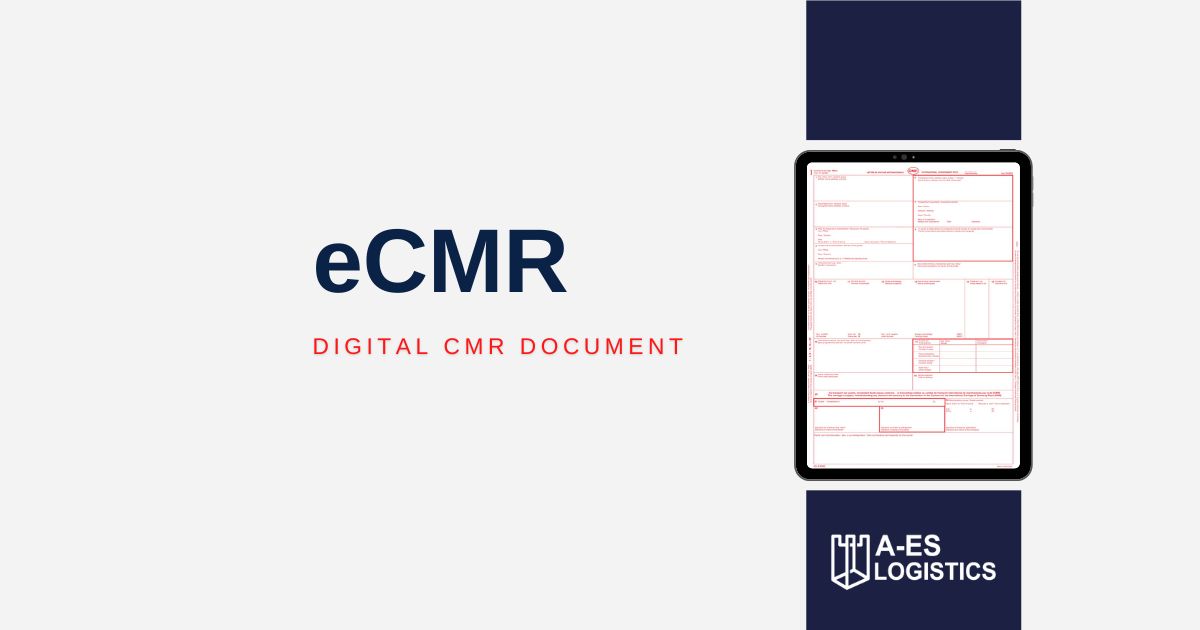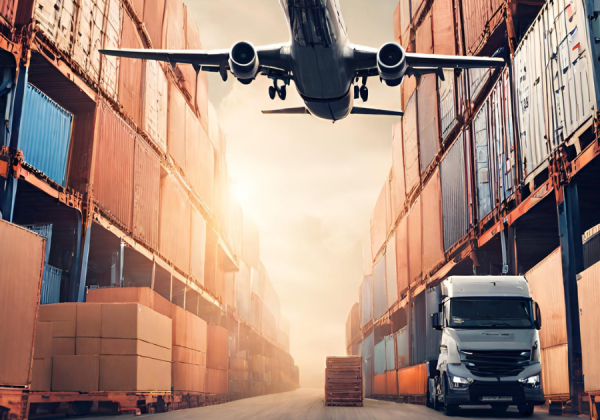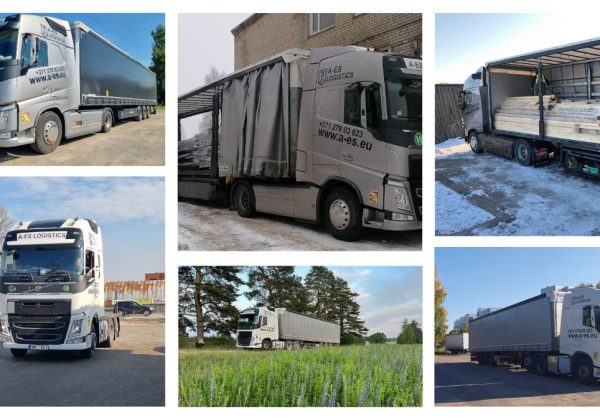eCMR
Digital CMR document (eCMR)
What is a CMR document? An international consignment note (CMR) is a delivery document used for international freight transport. It is a document certifying that the cargo is being transported from the place of loading to the place of unloading. The CMR contains information about the cargo, as well as an agreement between the three parties involved in the transport – the sender, the carrier and the recipient. The CMR contains detailed cargo information that regulates loss, compensation and liability for cargo carried.
Until now, the paper-based CMR waybill has been used to ensure smooth communication, faster cooperation in the logistics chain and improve the efficiency of the supply chain for all parties involved in the transportation. In May of this year, the government made a conceptual decision to introduce electronic consignment notes of the international contract of carriage of goods by road (eCMR) starting from 2024. Its main goal is to reduce the amount of paper used worldwide.

eCMR
Main benefits of eCMR
- Reduces administrative costs, availability of CMR for all parties involved / controlling authorities,
- Replaces the use of paper – environmentally friendly, saves paper and postage costs,
- Allows better and faster organization of transportation,
- Transparency of the remote process, easier proof of border crossing,
- Data control, minimized risk of not providing any information,
- Access to real-time information,
- Full monitoring of the logistics process, identification of the signatory (the risk of “missing” merchants/transporters is minimal),
- For the public sector and institutions, the use of e-CMR will reduce the time spent on stopping trucks and checking documents.
- The saving is 4.50 euros per waybill,
- According to rough estimates, Latvian carriers would save up to 9 million euros per year (source: Ministry of Transport),
- Transition from CMR waybill to e-CMR – regionally it will be an opportunity for both companies and institutions to gain efficiency,
- Companies will be able to manage their information and supply chain more effectively, which will improve the quality of data in the trucking process,
- Reduces the risk of repeated errors / materially incorrect information,
- It will be possible to exchange resources and integrate activities into one network of information systems.
eCMR
eCMR Implementation Challenges
- Adoption of cross-border e-CMR in member states and their institutions (ratification of the Additional Protocol to the CMR Convention)
- Lack of universally applicable mandatory rules for cross-border eCMR data and accompanying documents
- Development of limited or country-specific models in compliance with international standards for cross-border implementation of e-CMR
- Growing, but still low, evidence of the acceptance of electronic transport documents in courts and of the enforcement of contracts of carriage concluded or evidenced in electronic form
- The lack of legal certainty of the electronic format for external partners and actors, for example, the decisions of banks and insurance companies on the acceptance of electronic transport documents
- Hesitation of supply chain participants to use e-CMR for transport services.








